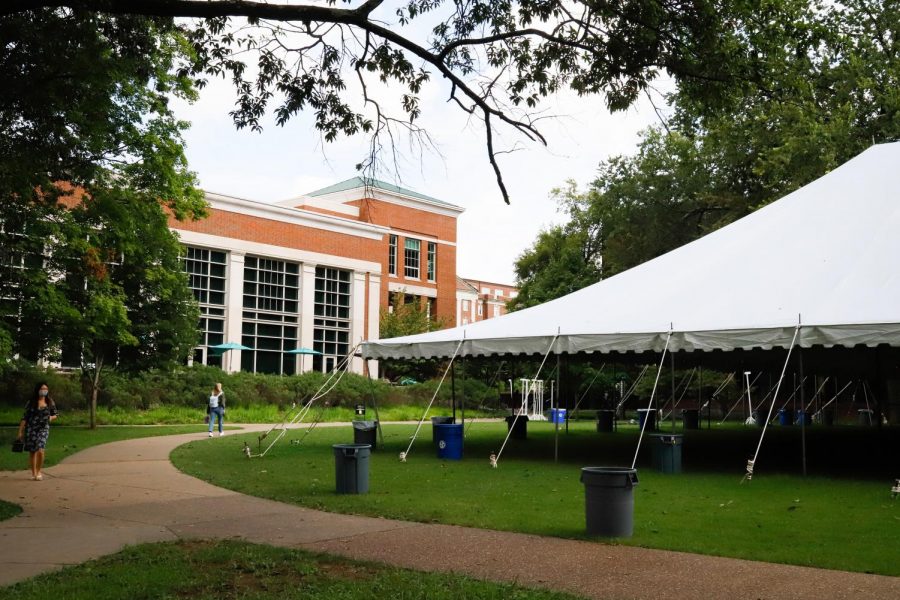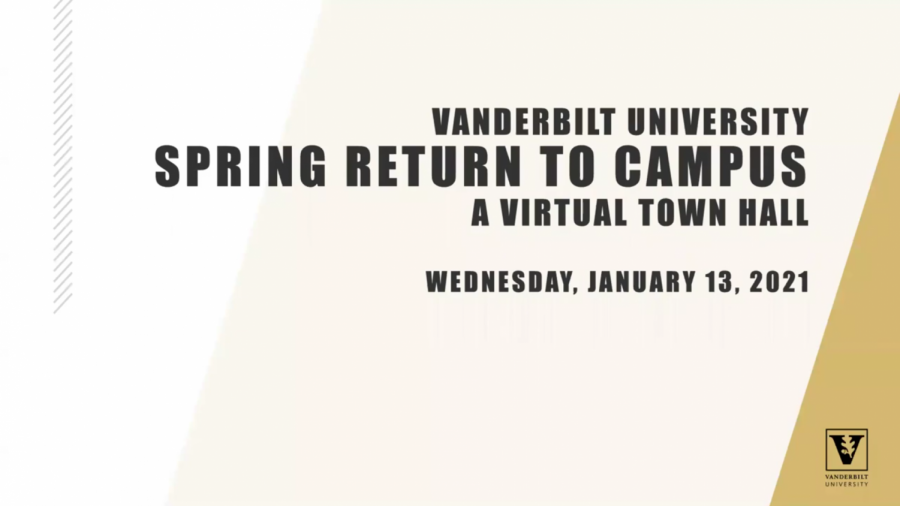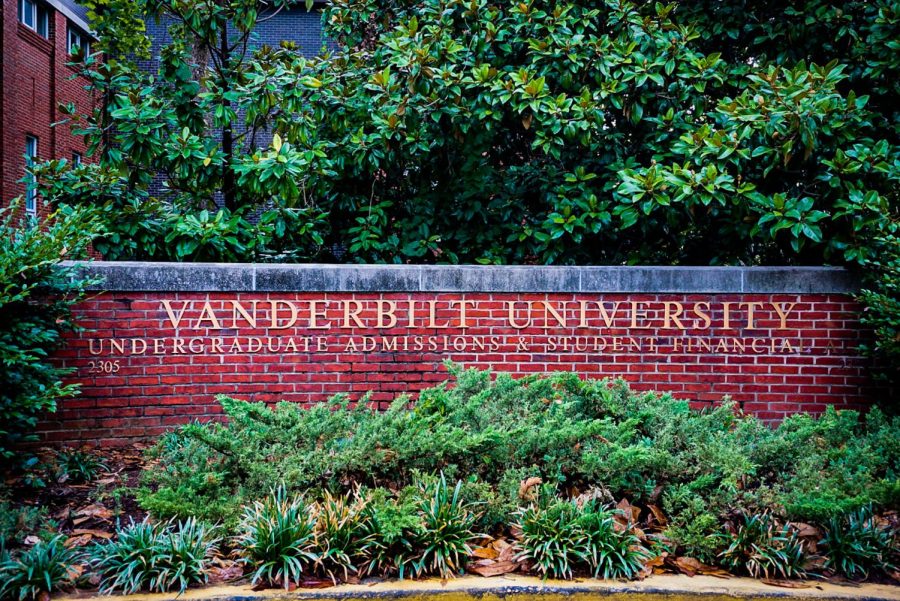Any educational model where I can lay in bed wearing sweatpants everyday and simultaneously earn 15 credit hours is flawed according to the many critics of remote education. Sitting on the floor eating dino nuggets can’t possibly be the proper atmosphere for teaching myself Intermediate Microeconomics. As such, pessimism regarding the potential to actually learn and general frustration characterize this new world of Zoom calls and recorded PowerPoints.
However, it needs to be recognized that this new format has indeed created many positive externalities. Albeit unintentional, these spillovers should be examined so that they may be thoughtfully implemented into higher education after the dust of the pandemic settles. Although few would want to blend aspects of our time in quarantine back into our post-pandemic lives, some of the ways the world has changed during COVID-19 have the potential to transform the future for the better.
For years, disabled students have been requesting recorded lectures or virtual class options as a solution to the difficulty of physically getting from class to class on our sprawling campus during short passing periods. Similarly, students with learning disabilities who have difficulty focusing during multi-hour lectures are only allowed to record the lecture if permitted by the professor, according to a policy from the College of Arts and Science.
Thus, Vanderbilt and other schools being forced to provide virtual options for classes and digital lectures represents a big victory for many students who found the traditional in-person method too rigid or unaccommodating. In effect, education has become much more flexible to the physical and learning needs of each particular student. This is a large step toward becoming the equitable institution Vanderbilt brands itself to be.
The distance learning model also has ramifications in terms of financial inclusivity. This semester, students were given the opportunity to attend Vanderbilt classes virtually from home. With Vanderbilt housing costing $5,770 per semester for the 2020-2021 school year, being able to remain home while still receiving academic credit hours is a monumental move in the direction of making Vanderbilt and other private universities more financially accessible. This, however, is contingent upon the university not lowering financial aid for those studying remotely.
Should this condition be met, students being able to study remotely for a maximum of one or two semesters over the course of their undergraduate years would be a sizable reduction in overall cost. This offer could also be extended to students suffering from mental health issues who would rather study at home for an extended period of time, or students who incur an injury or undergo a family emergency. As it stands, students can take a leave of absence, but they receive no academic credit for the semester. In this alternative, students would still be able to keep up with their schoolwork should they choose to do so.
As the pandemic will be one of the defining features of the psychology of Generation Z, colleges and universities will hopefully put more focus on the mental health of their undergraduate population. Isolation during quarantine has flipped the lights on to reveal a smorgasbord of issues related to emotional wellbeing, many of which were overlooked prior to the pandemic. Optimistically, colleges like Vanderbilt will reckon with the fact that they are a vital support system for its students and that its current handling of mental health issues has not been sufficient.
Critics would still contest that in spite of the benefits of a distance learning model, there still persists some sort of reduced quality. Students would be tasked with an unavoidable degree of self-teaching created by the loss of in-person instruction, and synchronous remote learning is only feasible for students in time zones adjacent to Nashville’s. Why bother continuing an educational format that universities only began utilizing out of sheer desperation?
The reason is because a hybrid model where only students who chose to study remotely need do so perfectly conforms to the needs of each student.
This may induce extra labor on the part of professors or more likely their TA’s, but students advocating for the best possible learning environment for their personal needs is something the university needs to be receptive to. After all, Vanderbilt certainly has the financial resources to design a virtual program with quality and thoughtfulness.
Now that professors have adopted remote learning strategies and universities have invested in equipment to make this format possible, they might be inclined to continue this new model, or at least some form of it. This would generate much more accessibility and inclusivity on college campuses. Additionally, due to the current attention being placed upon wellness and fostering student connectedness, colleges will grow in their ability to act as a support network for students. Although a wildly unpopular perspective, the quality of higher education does have the potential to increase when examining the lessons of this moment in history.




















